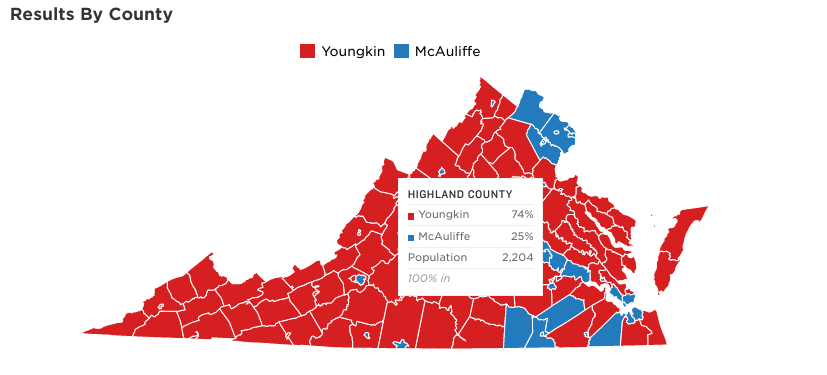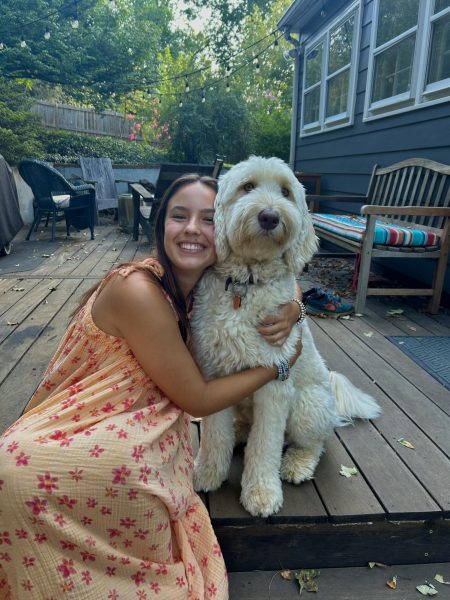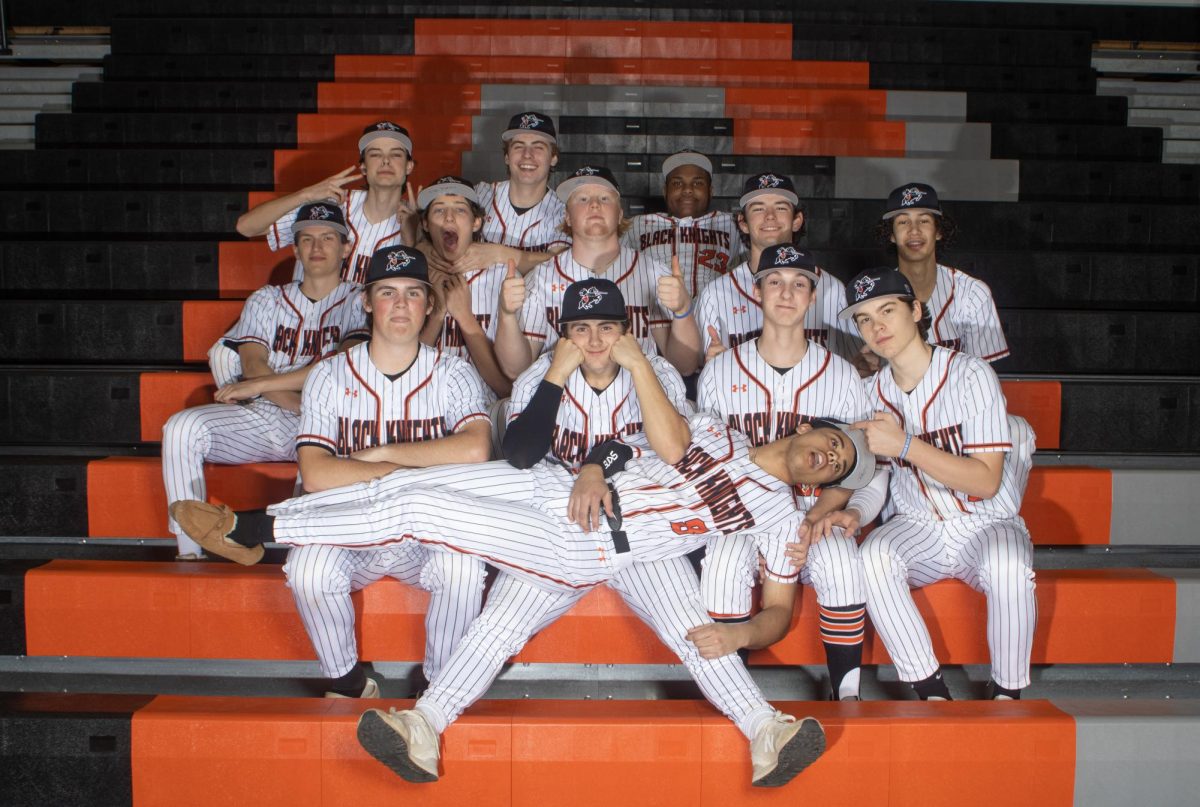Virginia’s Gubernatorial Election: The fight against public education
December 7, 2021
On Tuesday, November 2nd, 2021, Virginia (among other states) held gubernatorial elections. Terry McAuliffe, the democratic nominee and Glenn Youngkin, the republican nominee faced off for the position of Virginia’s governor. With 50.6% of the vote, Glenn Youngkin was elected and will take office on January 15th. Some Virginians have many questions about their new governor. Who even is Glenn Youngkin? How did he take the position from the former governor, Terry McAuliffe?
Youngkin has never had a career in politics. He grew up as a devout Christian and member of the Republican party, often donating to big campaigns. He has donated lots of money to republican candidates such as the former governor of Florida, Jeb Bush, the senator of Maine, Susan Collins, Rob Portman, the senator of Ohio, and Paul Ryan who was the former speaker of the House of Representatives. But while actively being a member of the GOP, Youngkin never set his foot into a position in politics, until now. In fact, he worked in finance up until a year ago, when he resigned from his company of 25 years and shortly after announced his candidacy for governor.
One of Youngkin’s most successful campaign focuses was education. He pushed the idea that “critical race theory” should be banned from being taught in our schools (although it is not a part of state curriculum) by saying during a rally, “To teach our children to divide everyone through a lens of race, and call one group ‘oppressors’ and one group ‘victims’ and pit them against one another is not right.” This statement was met with many cheers from the crowd, which had also been promised another thing; parent involvement in public education. You may have seen campaign ads on the news by both McAuliffe and Youngkin, mainly centered around the idea of parent involvement in schools. Youngkin’s ads played clips of McAuliffe where he said, “I don’t think parents should be telling schools what they should teach,” during a gubernatorial debate on September 21st, of this year. This was a very big deal to many republicans and democrats which severely affected McAuliffe’s campaign. Many people were upset with that quote, which may have led them to vote Youngkin over McAuliffe. While Youngkin is battling this “right” for parents to have a say on what their children are learning, how is that going to affect us?
Things like “banned books” are the result of parent involvement in schools. Let’s face it: we’re never going to have a curriculum that works for every parent. The most commonly banned book in American schools is The Catcher in the Rye, which is also the second most taught book in American schools. Other books that deal with issues of race have been sought out to be banned following the movement of “banning critical race theory.” If “critical race theory” is banned in Virginia, like it has been promised by Youngkin, teachers will not be able to teach the idea of systemic racism. They will not be able to teach the true history of our country: a history of racism, oppression, and prejudice that is still embedded in our laws, policies, and institutions. As said by the NAACP, “Lawmakers and proponents of the bans insist they are advocating for a balanced and ‘patriotic’ education. However, these bans do the exact opposite: deny the truth about our nation’s history, silence dissent, and punish those who speak the truth to counter whitewashed falsehoods.” This will directly affect our school and city, a city that 83% of its citizens voted for McAullife. A white-washed history and more ability for parents to ban things they deem too “sensitive,” lead to an incomplete knowledge of life in our country and in general. With Youngkin’s promised, new policies, these changes could affect our school and other schools throughout the state.






